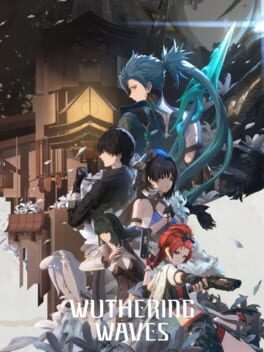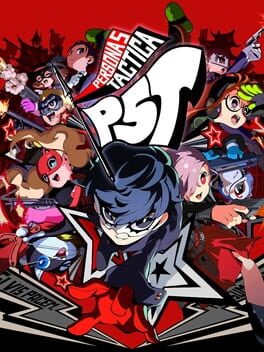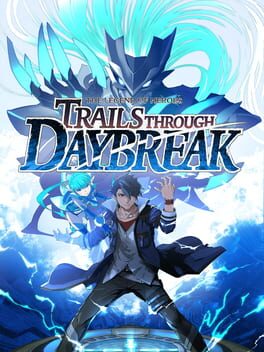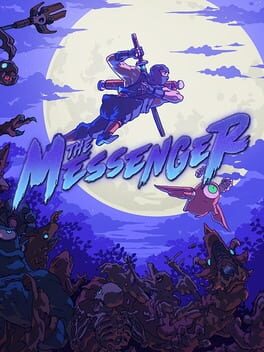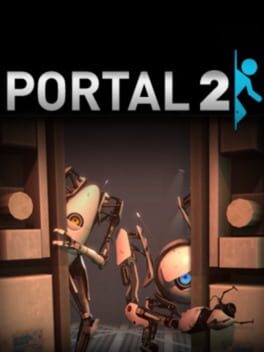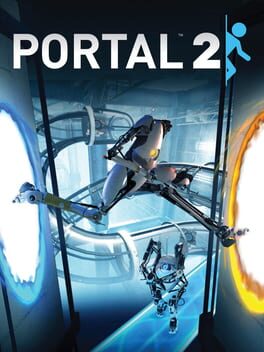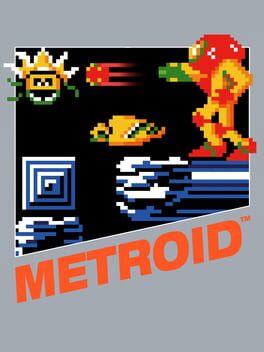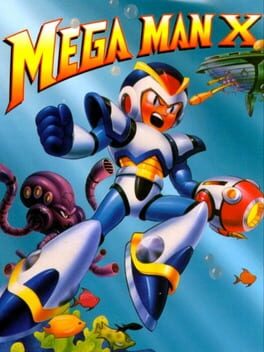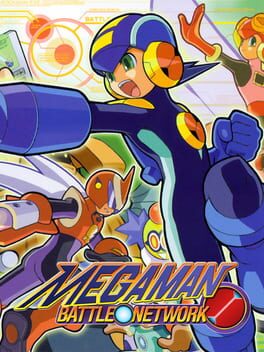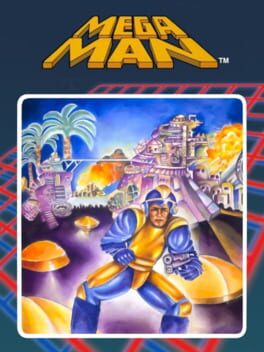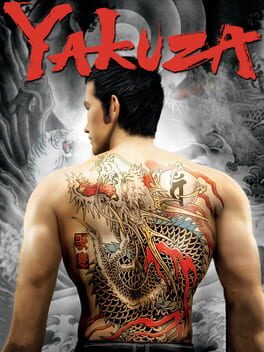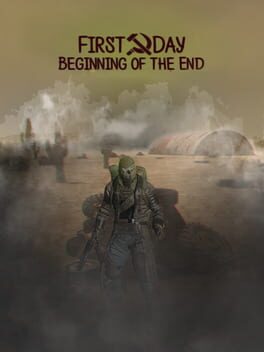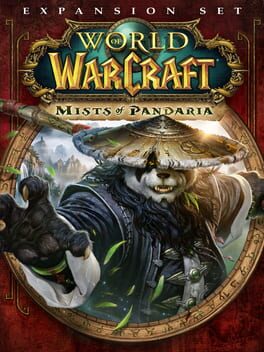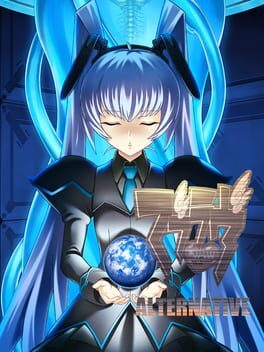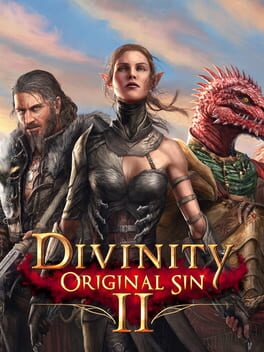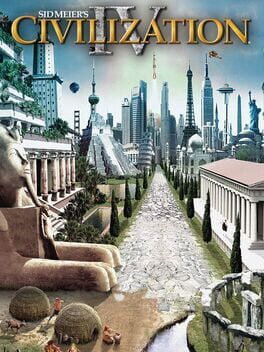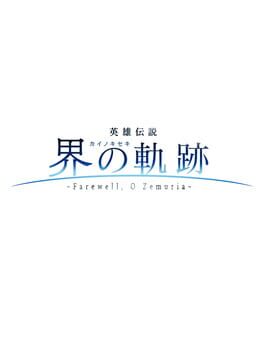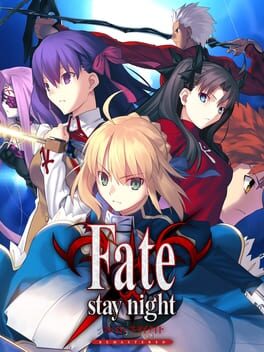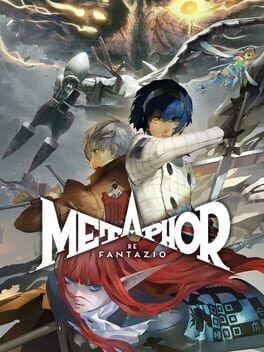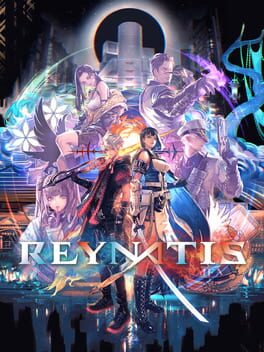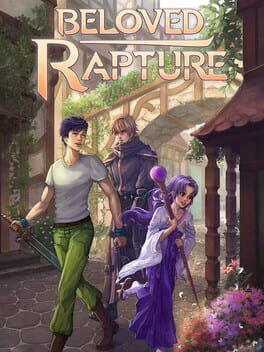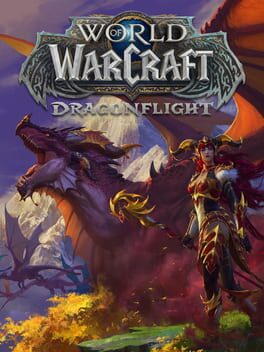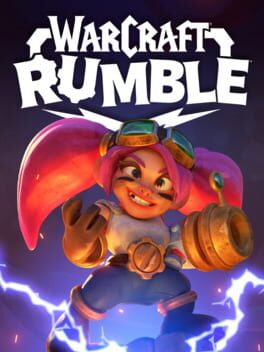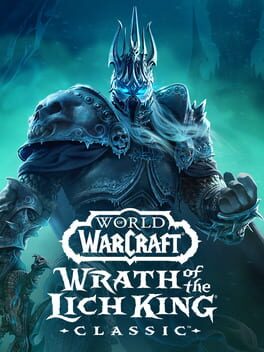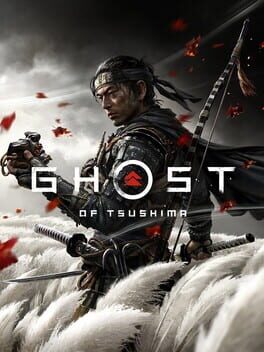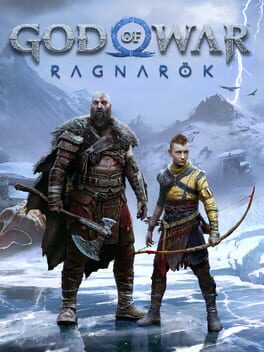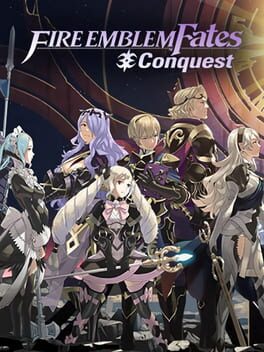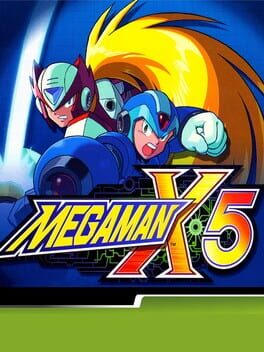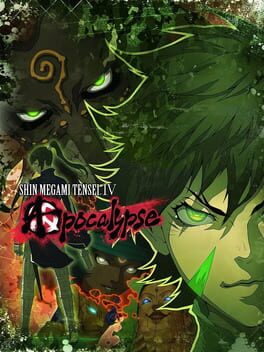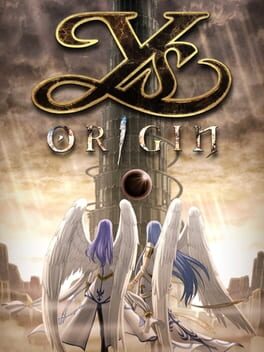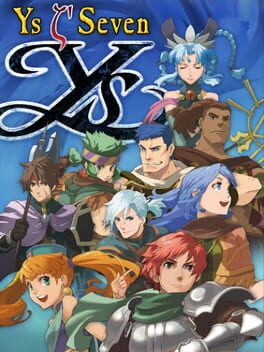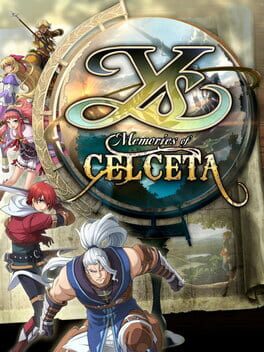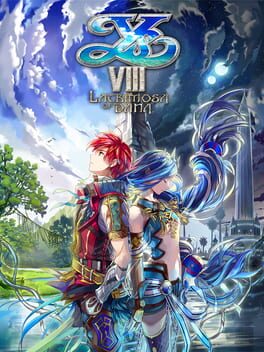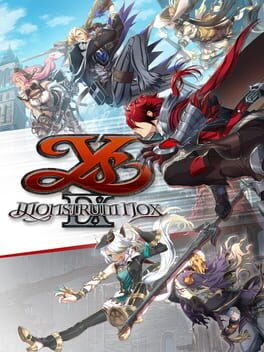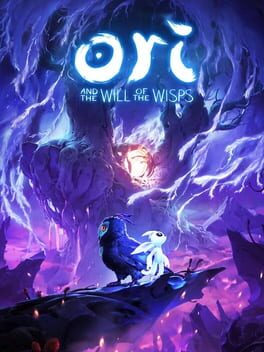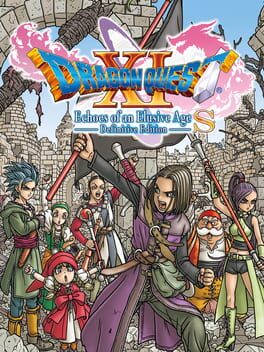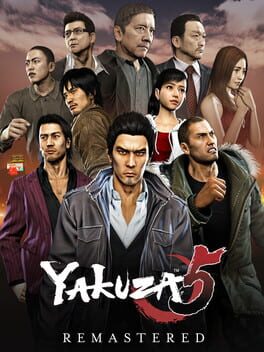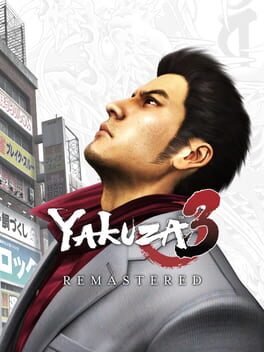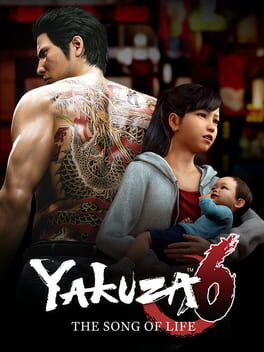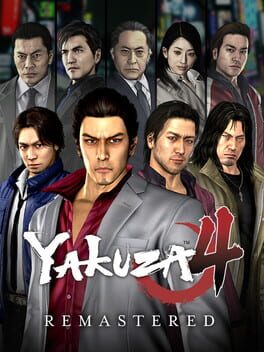Donn
78 reviews liked by Donn
Wuthering Waves
2024
It has a bad generic anime story that infodumps you with a lot of strange words and concepts while also failing to explain anything important or give you a clear objective, uninteresting characters, forgettable music, crappy movement that makes exploration less enjoyable and performance and lag issues.
The combat, while good, isn't good enough to justify playing it on a daily basis and the feeling that you're just playing a worse version of genshin doesn't help the experience at all.
It's just mediocre, hopefully the game can improve in the future so that genshin has competition but for now I can't recommend it.
The combat, while good, isn't good enough to justify playing it on a daily basis and the feeling that you're just playing a worse version of genshin doesn't help the experience at all.
It's just mediocre, hopefully the game can improve in the future so that genshin has competition but for now I can't recommend it.
Persona 5 Tactica
2023
This is a fairly fun journey with some bumps in the road.
The pacing throughout felt pretty off. This is a fairly short game overall, but it somehow felt both too extended at times and too rushed in others. The first kingdom being much longer than others, the final one being more of a gauntlet, the first couple being really a slow intro compared to the rapid plot development after, etc.
The T in P5T really does stand for Toshiro. I liked the main story and its two central characters quite a bit, and it makes me wish they did something a little riskier and made this a more separate Persona side game focusing on just them + maybe one other character (could be a P5 cast member as a bridge, could be something original). I liked the generally more restrained plot focus though; it fit the size of the game. The Phantom Thieves are really pretty irrelevant to the plot aside from the main theme of rebellion. They mostly feel like they're there for brand recognition, some fun banter between them, saying "damn that's crazy" during plot moments, and occasionally "this reminds me of my character arc from the hit game Persona 5". Even during the big plot dump sections where pretty much all questions are answered, and you even get to ask some more yourself, there was never even an excuse given for why they got wrapped up in this.
The elephant in the room to me is the artstyle. Regardless of whether you personally like the aesthetics or not, I really feel like it just doesn't serve the game any favors or enhance it in any way. It doesn't match the tone of the story being told (aside from a lot of Yusuke's dialog being food jokes for whatever reason) and makes it more difficult to connect with the serious beats and character moments. Personally, I don't mind chibi looks at all, but I much prefer PQ's style to this (especially when any limbs are bent, eugh), and it never felt like I fully adjusted to the artstyle here and it kept me just a little out of the game all the time. As an extension of this, the citizens of the kingdoms were just impossible to take seriously. They're in situations that have them attempting to discuss topics like oppression, but when they sound like Alvin and the Chipmunks and look like hats with eyes, it just doesn't work.
On a more positive note, while I'm not much of an SRPG guy, I think the combat was pretty creative overall. There were tons of mechanics constantly being introduced, but it never felt too overwhelming. I didn't always have the cleanest solutions to every map, but when I did, it really did feel cool to put it all together. There was plenty going on to keep me engaged and interested throughout. I also like the return to the P1/2/honestly mostly PQish style of personas being assignable to the full party. I'm a big fusion fan, and while this was simplified overall, that felt fitting for the size of the game and I still had a couple cool powerhouses I fused along the way. It wasn't quite enough for me to want to do giant fusion sessions like I'd do in P5R or SMT V though, and I will say that the personas just being screenshots in a menu instead of visually represented in battle was kind of lame.
Overall, I enjoyed most of my time with P5T. There's definitely a lot of room for improvement here, and it never hit the highs of its cooler older brother, P5S (and neither did its music), but it was a fun experience with some neat twists throughout.
Also what was up with the audio mixing on voices
The pacing throughout felt pretty off. This is a fairly short game overall, but it somehow felt both too extended at times and too rushed in others. The first kingdom being much longer than others, the final one being more of a gauntlet, the first couple being really a slow intro compared to the rapid plot development after, etc.
The T in P5T really does stand for Toshiro. I liked the main story and its two central characters quite a bit, and it makes me wish they did something a little riskier and made this a more separate Persona side game focusing on just them + maybe one other character (could be a P5 cast member as a bridge, could be something original). I liked the generally more restrained plot focus though; it fit the size of the game. The Phantom Thieves are really pretty irrelevant to the plot aside from the main theme of rebellion. They mostly feel like they're there for brand recognition, some fun banter between them, saying "damn that's crazy" during plot moments, and occasionally "this reminds me of my character arc from the hit game Persona 5". Even during the big plot dump sections where pretty much all questions are answered, and you even get to ask some more yourself, there was never even an excuse given for why they got wrapped up in this.
The elephant in the room to me is the artstyle. Regardless of whether you personally like the aesthetics or not, I really feel like it just doesn't serve the game any favors or enhance it in any way. It doesn't match the tone of the story being told (aside from a lot of Yusuke's dialog being food jokes for whatever reason) and makes it more difficult to connect with the serious beats and character moments. Personally, I don't mind chibi looks at all, but I much prefer PQ's style to this (especially when any limbs are bent, eugh), and it never felt like I fully adjusted to the artstyle here and it kept me just a little out of the game all the time. As an extension of this, the citizens of the kingdoms were just impossible to take seriously. They're in situations that have them attempting to discuss topics like oppression, but when they sound like Alvin and the Chipmunks and look like hats with eyes, it just doesn't work.
On a more positive note, while I'm not much of an SRPG guy, I think the combat was pretty creative overall. There were tons of mechanics constantly being introduced, but it never felt too overwhelming. I didn't always have the cleanest solutions to every map, but when I did, it really did feel cool to put it all together. There was plenty going on to keep me engaged and interested throughout. I also like the return to the P1/2/honestly mostly PQish style of personas being assignable to the full party. I'm a big fusion fan, and while this was simplified overall, that felt fitting for the size of the game and I still had a couple cool powerhouses I fused along the way. It wasn't quite enough for me to want to do giant fusion sessions like I'd do in P5R or SMT V though, and I will say that the personas just being screenshots in a menu instead of visually represented in battle was kind of lame.
Overall, I enjoyed most of my time with P5T. There's definitely a lot of room for improvement here, and it never hit the highs of its cooler older brother, P5S (and neither did its music), but it was a fun experience with some neat twists throughout.
Also what was up with the audio mixing on voices
Incredible start for a new arc in the series, and a true comeback after the uneven quality of the Erebonia arc.
What I liked:
+ Van Arkride is a fantastic MC, the main cast is great!
He has an edge to him while maintaining a sense of playfulness and compassion towards the people who surround him. Really hard to not cheer for Van as the story goes on.
The main cast is full of personality and chemistry with each other, and they complement Van perfectly as a team.
+ Calvard as a setting.
Calvard gives the writers an opportunity to touch on many interesting themes that have direct relation with real world issues. I think they did a good job on making the setting feel unique compared to other parts of the Zemurian continent, with some great political tension in the backdrop as always. Gotta praise the quality of the NPCs too!
+ The story is emotionally poignant and extremely rewarding for series veterans
Not gonna expand on this at all - just know I really loved the story overall and how it concluded.
+ Actually threatening villains
Given the focus on a more "mature" story, the stakes of the plot got increased as well, which resulted in a cast of villain that actually mean business - it was honestly refreshing to see actual palpable repercussions happening.
The main villain here is easily on the top tier of best villains in the franchise. It's impossible to get to the end of this game without hating his guts, which is all I've been asking from a villain in this series for a long time.
+ The alignment system is a fun gimmick
There isn't really any groundbreaking decisions that massively affect the direction of the main story, but the alignment choices provides another layer of role playing that makes the playthroughs feel more distinct than in past Trails games, even if just a little.
+ The combat system feels fresh!
I love the traditional Trails battle system, but it was about time to change things up. Kuro introduces a new flow to the battle system, with the field attacks being more involved than before. I liked how the shard skill system worked - it made building characters even more interesting.
+ The music is good (somewhat)
There's a good amount of excellent tracks in this game. Nothing on the same level as some of the past installments in the series, but I still put it as a overall W for the game.
What I didn't like:
- Chapter 3 as a whole
Not gonna expand on this as well, but it's an unfortunate stumble in a game that's overall very well written.
- Some old problems still persist to an extent
Some parts of the game feel padded/bloated in a way that didn't really feel necessary.
- Combat system has some rough edges
Not a big deal, but I really don't like how they chose to represent the turn timeline here in comparison to the older battle system - doesn't feel as intuitive visually. The lack of S-craft cut-ins is unfortunate as well, I miss them!
- The music feels uneven in some places
Boss Themes have never been worse in the series, except a few ones. There's also no effort in building a "motif" for the game, so the soundtrack ends up feeling like a collection of music that doesn't really speak with each other.
------------
Overall, I can't recommend this game enough if you like this series, or if you're a newcomer who wants to jump in (even tho some of the references will confuse you). Can't wait to play Kuro 2 someday!
What I liked:
+ Van Arkride is a fantastic MC, the main cast is great!
He has an edge to him while maintaining a sense of playfulness and compassion towards the people who surround him. Really hard to not cheer for Van as the story goes on.
The main cast is full of personality and chemistry with each other, and they complement Van perfectly as a team.
+ Calvard as a setting.
Calvard gives the writers an opportunity to touch on many interesting themes that have direct relation with real world issues. I think they did a good job on making the setting feel unique compared to other parts of the Zemurian continent, with some great political tension in the backdrop as always. Gotta praise the quality of the NPCs too!
+ The story is emotionally poignant and extremely rewarding for series veterans
Not gonna expand on this at all - just know I really loved the story overall and how it concluded.
+ Actually threatening villains
Given the focus on a more "mature" story, the stakes of the plot got increased as well, which resulted in a cast of villain that actually mean business - it was honestly refreshing to see actual palpable repercussions happening.
The main villain here is easily on the top tier of best villains in the franchise. It's impossible to get to the end of this game without hating his guts, which is all I've been asking from a villain in this series for a long time.
+ The alignment system is a fun gimmick
There isn't really any groundbreaking decisions that massively affect the direction of the main story, but the alignment choices provides another layer of role playing that makes the playthroughs feel more distinct than in past Trails games, even if just a little.
+ The combat system feels fresh!
I love the traditional Trails battle system, but it was about time to change things up. Kuro introduces a new flow to the battle system, with the field attacks being more involved than before. I liked how the shard skill system worked - it made building characters even more interesting.
+ The music is good (somewhat)
There's a good amount of excellent tracks in this game. Nothing on the same level as some of the past installments in the series, but I still put it as a overall W for the game.
What I didn't like:
- Chapter 3 as a whole
Not gonna expand on this as well, but it's an unfortunate stumble in a game that's overall very well written.
- Some old problems still persist to an extent
Some parts of the game feel padded/bloated in a way that didn't really feel necessary.
- Combat system has some rough edges
Not a big deal, but I really don't like how they chose to represent the turn timeline here in comparison to the older battle system - doesn't feel as intuitive visually. The lack of S-craft cut-ins is unfortunate as well, I miss them!
- The music feels uneven in some places
Boss Themes have never been worse in the series, except a few ones. There's also no effort in building a "motif" for the game, so the soundtrack ends up feeling like a collection of music that doesn't really speak with each other.
------------
Overall, I can't recommend this game enough if you like this series, or if you're a newcomer who wants to jump in (even tho some of the references will confuse you). Can't wait to play Kuro 2 someday!
In the first half or so of the game, I got the feeling that this is where the series' classic concept of "reuse" was catching up to it. Aside from the main story and maybe Akame as a character, nothing here felt super original or fresh. The side content offerings were pretty much the standard Yakuza fare (and Pocket Circuit, which refuses to retire), and while I enjoy fanservice and referencing past games, they felt a little over relied on at times. (There's a weirdly heavy amount of referencing 2 in particular.) The Castle, which was spotlit as the cool new area to explore, is really just a shinier Purgatory, which just feels like a tired concept by now. I will say that the Coliseum is definitely one of the better ones in the series and had some fun fights and gimmicks (Hell Team Rumble was a solid new mode) without overstaying its welcome. Special shoutout to that final Platinum fight.
You can sort of let Gaiden off the hook for all of this though, as it was never meant to be a huge new game with totally original side content. So it's not unexpected that this is a short new story with whatever side content was laying around thrown in + some extras, but that doesn't really make it the most interesting Yakuza game to engage with.
On to combat. This is definitely the Dragon (sorry, "Yakuza") style's best showing in the Dragon Engine, though that's not saying much. After Judgment and especially Lost Judgment, I was hoping they would take more of the lessons learned when returning to Kiryu. But the main borrowed concept there seems to be Mortal Reversals, which are pretty fun, so that's nice at least. DE Dragon was still just solid overall, nothing amazing. I did not click with Agent for a long time, using probably 90% Yakuza for over half the game. Eventually I warmed up to it some more, but its basic combos just felt out of place for Kiryu, especially in Extreme Heat. The gadgets were fun enough gimmicks, especially once I realized that a fully upgraded Spider would just annihilate small enemies while you also zoom around with Serpent, which was super goofy. Overall, the combat was pretty good by Yakuza standards, but a bit disappointing after Lost Judgment, especially if this may be the last brawler Yakuza for a while (and possibly last Kiryu brawler ever).
The main story took a little bit to capture me, but I appreciated the condensed scope overall. Without getting into spoilers, as someone who really liked the ending of 6 and really disliked the extremely quick backtracking of it in 7, I'm still conflicted about the path Kiryu takes here. Maybe Infinite Wealth will help settle this, but it feels like it's slowly tossing out the end of 6 as a silly idea and rendered the hardest hitting scenes in the series to me pretty much moot. On a more positive note, I like how this story gave them more opportunity to explore the implications around 7's huge plot development for the yakuza world as well; in hindsight this would have felt too swept under the rug without what Gaiden showed. (It's also neat to see this perspective of "before/during the storm" after seeing some of the fallout in LJ.)
The core group of new characters were all fairly interesting, though none really felt like amazing ones who'll stick with me forever. I like how pretty much no one was ever completely in the right or wrong at any given point, as the series sometimes falls prey to shallower portrayals of power hungry people who are clearly just evil by most standards. As many have already observed, [light vague spoiler warning] the final boss definitely felt like a more fleshed out version of another in the series, which is funny if you compare the lengths of those respective games. And of course, I'm a sucker for the kind of scenes that the very end of the game had, so those hit almost as hard as 6's ending to me.
Maybe I just wasn't totally in the Yakuza mood when I started, but it took a surprisingly long time for me to warm up to this game as a whole. Despite being the shortest main story in the franchise (outside of the Kaito Files), I ended up with around 25 hours spent since I did all substories, requests, coliseum fights, Amon, etc. (I passed on the Platinum just because I really don't care for Cabaret, and am also lukewarm on Pocket Circuit. Still got every Mahjong activity log item though.) The reuse of content and concepts wore down on me for a while, and the sparse new ideas didn't fully click at first, but eventually I came around. The side content took a weirdly long time to fully open up, but once it did, I cleared pretty much everything I could before moving on to each story beat. A good late game completionist session followed by a strong finale section gave this experience a sweet ending that makes me look back on it much more fondly than I felt halfway in, where I was pretty sure I would've given it a 3/5. Overall, a good little pocket of Yakuza content, even if much of it is well worn.
You can sort of let Gaiden off the hook for all of this though, as it was never meant to be a huge new game with totally original side content. So it's not unexpected that this is a short new story with whatever side content was laying around thrown in + some extras, but that doesn't really make it the most interesting Yakuza game to engage with.
On to combat. This is definitely the Dragon (sorry, "Yakuza") style's best showing in the Dragon Engine, though that's not saying much. After Judgment and especially Lost Judgment, I was hoping they would take more of the lessons learned when returning to Kiryu. But the main borrowed concept there seems to be Mortal Reversals, which are pretty fun, so that's nice at least. DE Dragon was still just solid overall, nothing amazing. I did not click with Agent for a long time, using probably 90% Yakuza for over half the game. Eventually I warmed up to it some more, but its basic combos just felt out of place for Kiryu, especially in Extreme Heat. The gadgets were fun enough gimmicks, especially once I realized that a fully upgraded Spider would just annihilate small enemies while you also zoom around with Serpent, which was super goofy. Overall, the combat was pretty good by Yakuza standards, but a bit disappointing after Lost Judgment, especially if this may be the last brawler Yakuza for a while (and possibly last Kiryu brawler ever).
The main story took a little bit to capture me, but I appreciated the condensed scope overall. Without getting into spoilers, as someone who really liked the ending of 6 and really disliked the extremely quick backtracking of it in 7, I'm still conflicted about the path Kiryu takes here. Maybe Infinite Wealth will help settle this, but it feels like it's slowly tossing out the end of 6 as a silly idea and rendered the hardest hitting scenes in the series to me pretty much moot. On a more positive note, I like how this story gave them more opportunity to explore the implications around 7's huge plot development for the yakuza world as well; in hindsight this would have felt too swept under the rug without what Gaiden showed. (It's also neat to see this perspective of "before/during the storm" after seeing some of the fallout in LJ.)
The core group of new characters were all fairly interesting, though none really felt like amazing ones who'll stick with me forever. I like how pretty much no one was ever completely in the right or wrong at any given point, as the series sometimes falls prey to shallower portrayals of power hungry people who are clearly just evil by most standards. As many have already observed, [light vague spoiler warning] the final boss definitely felt like a more fleshed out version of another in the series, which is funny if you compare the lengths of those respective games. And of course, I'm a sucker for the kind of scenes that the very end of the game had, so those hit almost as hard as 6's ending to me.
Maybe I just wasn't totally in the Yakuza mood when I started, but it took a surprisingly long time for me to warm up to this game as a whole. Despite being the shortest main story in the franchise (outside of the Kaito Files), I ended up with around 25 hours spent since I did all substories, requests, coliseum fights, Amon, etc. (I passed on the Platinum just because I really don't care for Cabaret, and am also lukewarm on Pocket Circuit. Still got every Mahjong activity log item though.) The reuse of content and concepts wore down on me for a while, and the sparse new ideas didn't fully click at first, but eventually I came around. The side content took a weirdly long time to fully open up, but once it did, I cleared pretty much everything I could before moving on to each story beat. A good late game completionist session followed by a strong finale section gave this experience a sweet ending that makes me look back on it much more fondly than I felt halfway in, where I was pretty sure I would've given it a 3/5. Overall, a good little pocket of Yakuza content, even if much of it is well worn.
The Messenger
2018
I don't really like old school platformers, nor am I a metroidvania fan.
Aaaand I 100%'d this baby! Worth it, they did such a fantastic job at making this fun and challenging, without a hint of jank to be seen. Hilarious dialogue too, I love the shopkeeper.
I think my favourite part was the boss fights, they're super hard but really reward you for learning their patterns after a gazillion tries.
Aaaand I 100%'d this baby! Worth it, they did such a fantastic job at making this fun and challenging, without a hint of jank to be seen. Hilarious dialogue too, I love the shopkeeper.
I think my favourite part was the boss fights, they're super hard but really reward you for learning their patterns after a gazillion tries.
Difficulty curve was a little wonky, but co-op in general had some cool ideas. Not all of them were stellar, but they definitely made us think in general. The puzzles are the strongest part of Portal 2, so I don't mind blasting ~40 of them without much break for story or anything, though it's noticeably a little dryer. Teasing a boss fight and then just ending on nothing (for DLC) was kind of lame.
I am going to use this for the entire Co-op campaign and 6th chamber. Honestly, it was better than the main game (it removed most of the story and dialogue), with some greater puzzles but still a lot of easy ones. Maybe it needed an "I've played Portal 2 before" button just to skip the easy tutorial ones in each chamber. The 6th chamber also ends out of nowhere, with no real payoff on the puzzle or ending. Still, it was a decent-sized campaign.
Portal 2
2011
A lot more narratively driven than I was expecting, and I'm on the fence on whether that was a good move or not. Of course for the time it certainly was, though I don't think the writing has aged very well (in an "xD 2011 humor" sense, nothing bad). The original's idea of breaking out of the experiment, while superseded by plenty of other games by now, had a much more interesting tone to me. The puzzles are far expanded, which is neat, though I didn't love every new mechanic. The gels/cave section felt like it went on a bit long; I definitely prefer the shorter "futuristic" chambers in general. I'm less a fan of the unstructured bits in between where it's not always clear if there's even a puzzle to be solved or you're just walking the wrong way. When the right puzzle comes along though, it definitely hits.
Portal
2007
It's clear how innovative it was at the time, but for a first play in 2023 it only holds up OK. The first 2/3 of the puzzles are tutorials that take 30 seconds, then the last few are the actual game, which feels weird as far as pacing goes. I really disliked turrets as a mechanic (not as characters, they had cute lines), the puzzles were better without that type of pressure. Also resetting after dying takes frustratingly long. Rockets felt better as far as letting you take your time, but aiming in the final room was just awful. Feels like it barely scratched the surface of actual Portal stuff, which I guess is why 2 exists.
